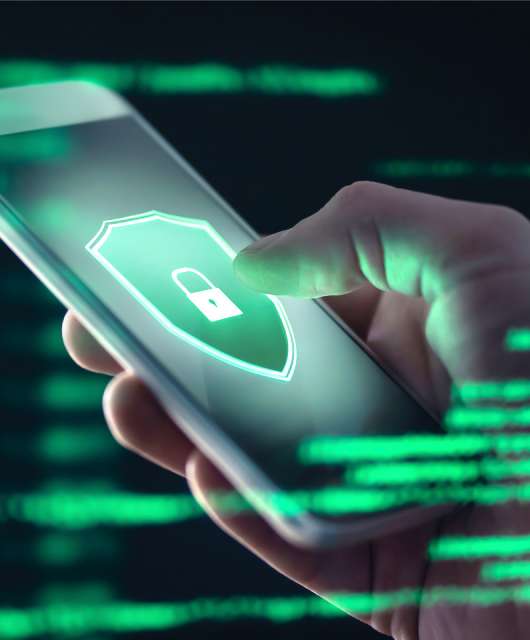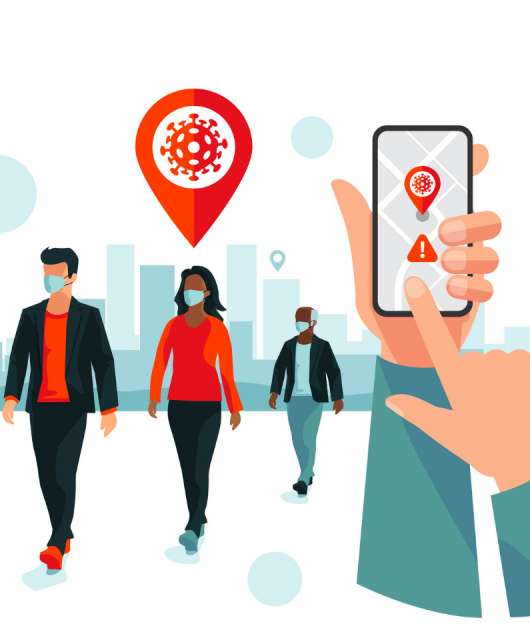Travelers with TSA PreCheck will soon be able to breeze through airport security without showing a boarding pass or an ID document, as long as they go through a facial scan.
Introduction to facial recognition at airport security
The implementation of advanced facial recognition technology has just rolled out at some of the USA’s biggest airports, including Chicago O’Hare and LAX in Los Angeles. The testing phase will go on for a few months until fully implemented.
As it is in its early stage, the service is far from being available at every airport, but more locations are expected to start participating. The TSA PreCheck line helps verified travelers move faster through airports, and not needing physical identification documents will likely make the service even more appealing to travelers.
Airlines adopting facial recognition
Airlines are jumping on the bandwagon reasonably fast, as most major US airlines have also begun taking advantage of the new technology. A quick facial scan would be enough for travelers wanting to drop off bags before flights with United, Delta, and American Airlines.
Participating in the touchless bag drop is voluntary, and airlines do not yet require travelers to use the new system. Different airlines are testing the touchless drop off at different airports, so always refer to the airline’s guidance and be ready to present an ID and a boarding pass, even if traveling through participating airports.
For departures and arrivals
Facial recognition technology for departures is relatively new in the USA, but it certainly isn’t for arrivals. Global Entry participants arriving at some airports, such as Los Angeles LAX, can go through airport security without needing an ID when returning from international trips.
However, all arrivals must undergo a facial scan at a Global Entry kiosk – a process that does not involve an ID scan or any other physical interaction with border patrol agents.
Impact of biometric technology
Biometric groundbreaking technology such as facial recognition is already having an impact and will most certainly change how people travel in the future. Other technologies, such as mobile driver’s licenses and digital identification, are also reshaping how people move through ports of entry in the US and globally. Even though those systems raise privacy concerns, the technologies aim to provide faster, easier, and hopefully safer travel experience.
TSA PreCheck can be obtained independently or as a part of a bundle offered with Global Entry. It requires a background check and an in-person interview by an enrollment provider who takes biometric data and verifies the applicant’s travel documents. It is only available to US citizens and legal permanent residents. TSA PreCheck costs $78, and Global Entry is $100 and includes TSA PreCheck. Many major credit cards often cover the fee for the service. The service is available free of charge to military members who hold a Department of Defense ID card.







